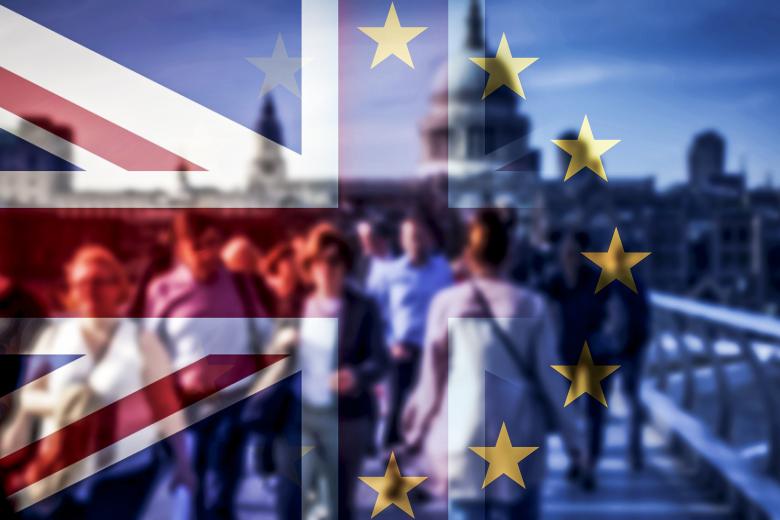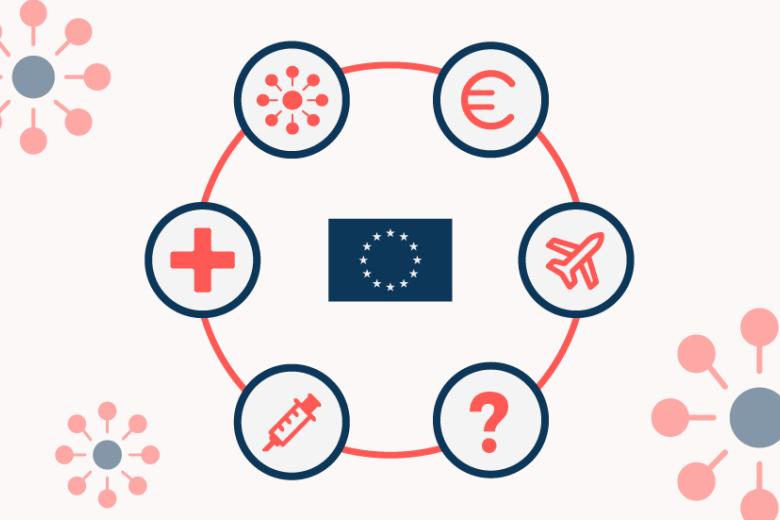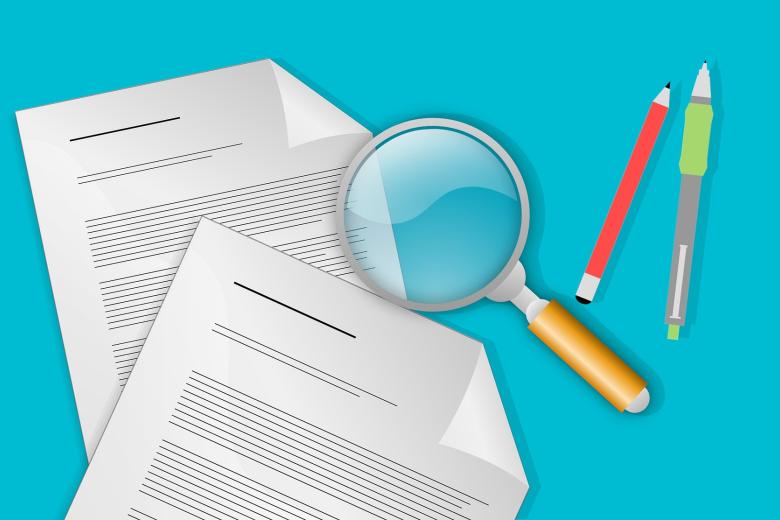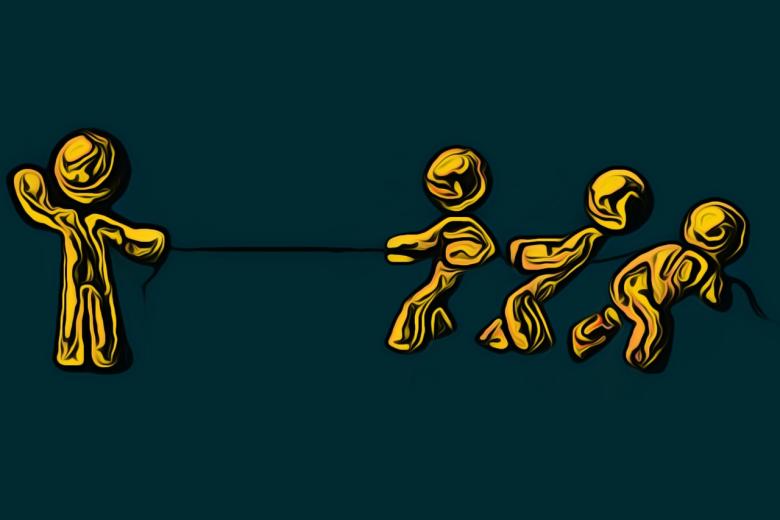The Digital Services Act and freedom of expression: triumph or failure?
The Digital Services Act (‘DSA’) is part of the long-awaited package aimed at providing a transparency and accountability framework for online platforms and laying down additional duties for large providers with gatekeeping powers. There is surely a lot to unpack in this hefty proposal. This piece...









